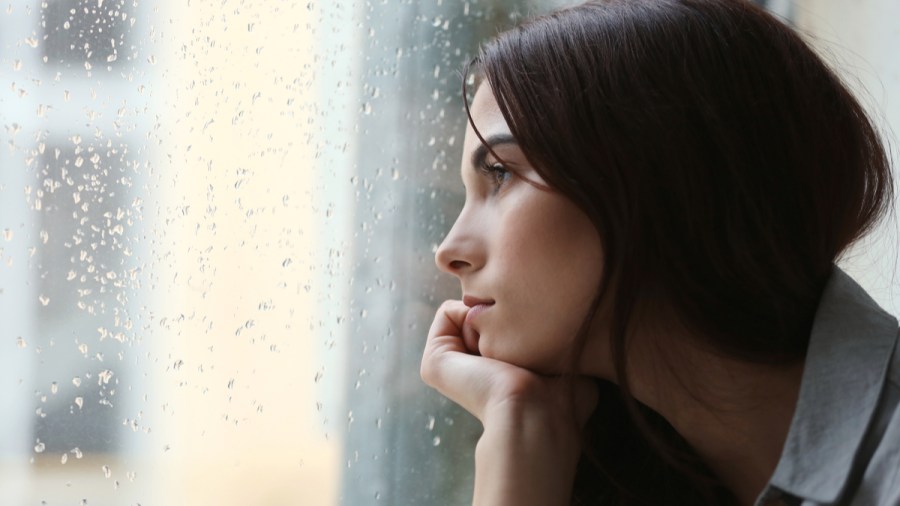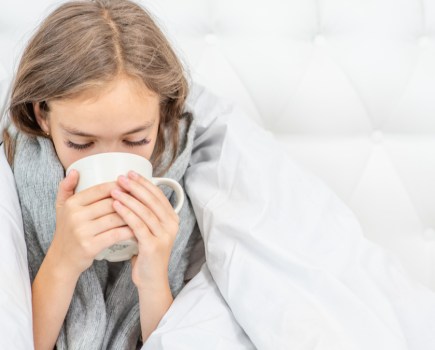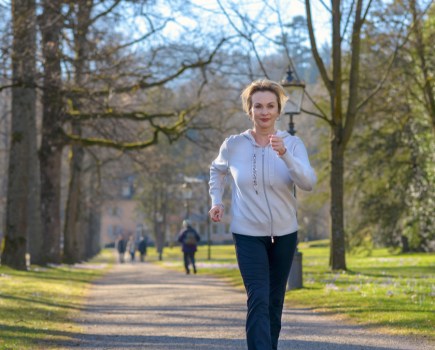Depression is a prolonged period of low mood that is more than just an occasional or short-lived feeling. It can be caused by a difficult or deeply upsetting event in your life or a combination of events, but it can also happen without being related to a life event – either way, depression is real.
Depression can vary in severity and there are a number of different types of depression. The symptoms can affect your behaviour and your physical self as well as what is going on in your mind. However, there are a range of treatments for depression including therapies and medication.
Read on to find out more about the condition. However, this is no substitute for medical advice, so if you think you may have depression, it is important that you see your GP to get a diagnosis and, if you do have depression, to talk through the possible treatments and find the right solution for you.
What is depression?
While all of us have low moods from time to time – it’s part of being human after all – having depression is different. If you have depression, low moods do not just come along and quickly pass, they stick around and affect your day-to-day life to varying degrees.
Although depression can be rooted in challenging events in your life, it can also be the case that there is no clear cause, no obvious life-changing event that set it off.
There are a range of physical, mental, and behavioural symptoms of depression and if you find you have them it is important to see your GP because there are treatments and lifestyle changes that can help. According to the National Institute for Health and Care Excellence (NICE) nearly one in six people in the UK are affected by depression.
Depression causes
It can be caused by life-changing events. If a loved-one dies, or you are made redundant or an important relationship ends, or you have a baby, events such as these can be triggers.
Sometimes it happens because more than one of these challenging circumstances crop up at once. Sometimes one difficult situation can give rise to another and the challenges to your mental health mount up.
For example, if stressful and deeply upsetting events lead to using drink or drugs in a bid to cope with the situation, this can add to the problem. But sometimes there is not an obvious cause related to events in your life.
A family history of depression can also be a factor that makes getting depression more likely. Aspects of your own personality may also make you vulnerable to depression, whether they are inherent parts of you or the result of things you’ve learned and experienced through your life. Whatever the causes, whether they can be identified or not, depression is real.
Depression symptoms
There are a range of ways that depression shows itself, including physical, behavioural, and psychological changes. These symptoms can come on gradually and they can vary in severity from mild to moderate to severe, where the effects on your day-to-day life can range from having some impact to finding that it’s simply impossible to do your usual daily tasks.
A continuous low mood, feeling tearful, irritable, anxious, or full of guilt are among the psychological symptoms. Some people with depression have thoughts about suicide or harming themselves.
It can lead to behaviour changes too, such as keeping yourself to yourself and withdrawing from your usual activities.
It can also make itself felt in your physicality, showing up as weight changes, lack of energy, a drop in libido, sleep problems, and aches in your body. For some people with depression, their speech or movements can slow down.
For those with severe depression, there may also be psychotic symptoms such as delusions or hallucinations. These things can feel very real when they are happening.
Depression diagnosis
If you think you have depression talk to your GP. The NHS advises that you should seek help if you have symptoms most of the time for more than two weeks, if you find your feelings are affecting other aspects of your life and if you have thoughts about self-harming or suicide.
GPs assess whether you have depression and how severe it may be by asking you about your physical and mental health and how your feelings are affecting you. They will want to know about how long you’ve had symptoms and what impact it’s having on your life.
You can do an online questionnaire to assess if you could have depression. There’s one on the NHS website here
Depression treatments
There are a range of approaches to helping with the problem.
Talking therapies
It may be treated by therapy with a trained professional. It can help give you a place to talk things over, look at your feelings and examine patterns of behaviour. Cognitive Behavioural Therapy (CBT), for example, focuses on how your thoughts and beliefs affect your feelings and the way you behave and challenges negative thinking.
Physical activity
Exercise can help with some cases. It can make you feel physically better, help with stress and give your self-esteem a boost, which all helps. There are also activity sessions specifically for people with depression which your GP may be able to put you in touch with. There is some research to show that yoga can help.
Medication
Depending on your needs, antidepressant medication may be prescribed and this can be on its own or used alongside talking therapy. There are a number of medications and it is important to talk this through with your doctor. Some people have to try out different types of medication during their treatment before finding the one that works best for them.
Other therapies
Mindfulness practices are ways of deliberately being in the present moment and this can help you feel calmer and give you greater ability to notice and handle difficult thoughts. Art therapy can also be used to help you express yourself and understand what you’re feeling.








